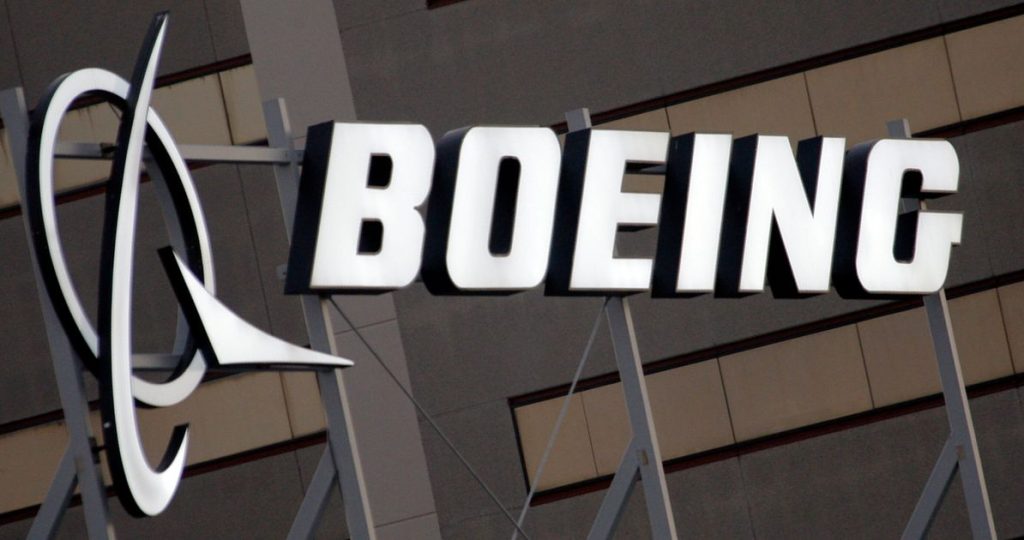In a tragic turn of events, a former Boeing manager who had raised concerns about safety issues within the aircraft maker’s operations has reportedly taken his own life, according to police reports. This incident sheds light on the intense pressure and potential repercussions that individuals within the aerospace industry may face when speaking out against potential safety risks. It underscores the importance of creating a culture where employees feel safe and supported in reporting safety concerns without fear of retaliation or harm to their well-being.
The former Boeing manager’s decision to end his own life is a tragic reminder of the potential toll that speaking out against powerful corporations can have on individuals. It highlights the need for more robust support systems and resources for employees who find themselves in similar situations, facing ethical dilemmas and potentially risking their careers by advocating for safer practices. It also raises questions about the effectiveness of existing whistleblower protection policies and mechanisms within the aerospace industry, and the need for stronger safeguards to ensure the well-being of those who come forward with concerns.
The circumstances leading up to the former Boeing manager’s death underscore the complex ethical and moral challenges faced by employees in the aerospace industry who may be privy to information that could have significant implications for public safety. The high-stakes nature of the industry, where decisions can impact the lives of countless individuals, creates a pressure-cooker environment where speaking out against potential safety risks can have serious consequences. It highlights the importance of fostering a culture of transparency, accountability, and support for employees who raise concerns about safety issues, in order to prevent future tragedies like this from occurring.
The decision by the former Boeing manager to take his own life after raising safety questions within the company is a sobering reflection of the potential mental health impacts that can result from speaking out against powerful corporate interests. It underscores the need for greater awareness and resources to support the mental well-being of employees who may find themselves in similar situations, navigating the complex terrain of whistleblowing and corporate accountability. It also calls attention to the need for stronger measures to protect employees from retaliation and ensure their safety when coming forward with concerns.
The loss of the former Boeing manager is a heartbreaking reminder of the devastating consequences that can result from individuals feeling unsupported and isolated in their efforts to advocate for safety within the aerospace industry. It serves as a poignant example of the human toll that can be exacted when employees find themselves in conflict with powerful corporations, and the challenges they may face in seeking to make meaningful changes to enhance safety standards. It underscores the urgency of addressing the systemic issues that contribute to such tragic outcomes, and the need for a more compassionate and supportive approach to protecting the well-being of those who raise concerns about safety issues.
In conclusion, the tragic death of the former Boeing manager who raised safety questions within the company serves as a somber reminder of the challenges and risks faced by employees who speak out against powerful corporate interests. It underscores the need for stronger protections, support systems, and resources to safeguard the well-being of whistleblowers and ensure that their concerns are addressed in a safe and responsible manner. It also highlights the imperative of creating a culture of transparency, accountability, and mutual respect within the aerospace industry to prevent future tragedies and prioritize the safety of all individuals impacted by the decisions made within the industry.







